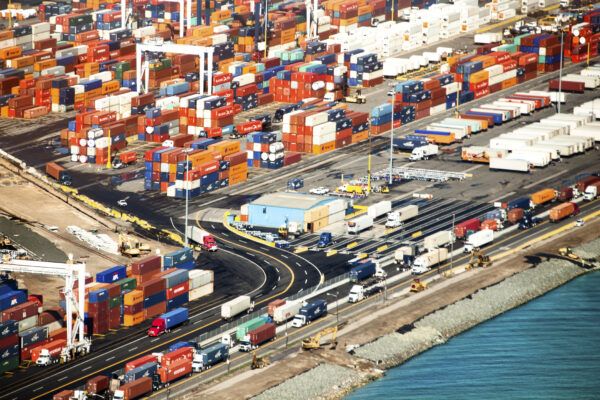The European Union has set new reporting standards that require businesses to disclose their air pollution emissions. The first-ever European Sustainability Reporting Standards (ESRS) establish harmonised disclosure requirements for environmental, social and governance (ESG) information for listed companies in the EU, which now include air pollution. The standards are mandated under the EU’s Corporate Sustainability Reporting Directive (CSRD).
The first tranche of 50,000 businesses will need to apply the new rules for the first time in the 2024 financial year, for sustainability reports published in 2025.
The adoption of the ESRS and the inclusion of a specific standard for pollution is a significant step forward for private sector action on clean air. Companies must track their air pollution footprint and reduce harmful emissions, which will benefit climate, environment, human health and employee wellbeing.
According to the European Environment Agency (EEA), more than 300,000 lives are cut short in Europe every year due to air pollution. The CSRD requires companies to report on the impact of their activities on the environment and society, as well as on how sustainability matters affect the company (the so called ‘double materiality’ principle).
The annual reporting on these standards will support investors, consumers and civil society organisations, among other stakeholders, to evaluate a company’s sustainability performance. But the Clean Air Fund has concerns regarding how effective these standards will actually be in curbing corporate pollution levels. In particular, we are concerned about how the new rules will be implemented, as pollution disclosures are subject to a so-called ‘materiality assessment’ which are not mandatory to disclose. So if a company deems that it is not polluting, it does not need to publicly disclose any information.
Companies also aren’t required to explain why they have or haven’t deemed a particular sustainability issue, such as air pollution, as ‘material’. That is why performing robust materiality assessments is essential for responsible and effective ESG reporting.
Having a harmonised standard at EU level for companies to report on their pollution footprint is a good step. It will drive accountability and encourage companies to actively mitigate their impact on the air we breathe. Major global companies are already doing so, recognising that reducing air pollution is essential to improving human health. It’s concerning that reporting on air pollution under ESRS is only voluntary. The Clean Air Fund calls on the European Commission to ensure a robust assessment and audit framework is developed to ensure all companies with an impact on air pollution report openly, for the good of our health and environment. In the future we would like to see these reporting standards made mandatory.”
Sean Maguire, Strategic Partnerships Director at Clean Air Fund
Looking ahead, the European Commission and European standardisation body for financial and sustainability reporting (EFRAG) is set to offer comprehensive guidance on the materiality assessments and the auditing procedures underpinning a company’s reporting.
We welcome the development of future sector-specific reporting standards, which will be vital in addressing the distinctive challenges posed by certain parts of Europe’s industrial base and their impact on air pollution.
We remain committed to working with stakeholders, including the World Economic Forum’s corporate Alliance for Clean Air, to promote the implementation of these standards and drive meaningful improvements in Europe’s air quality.


